Blog
-
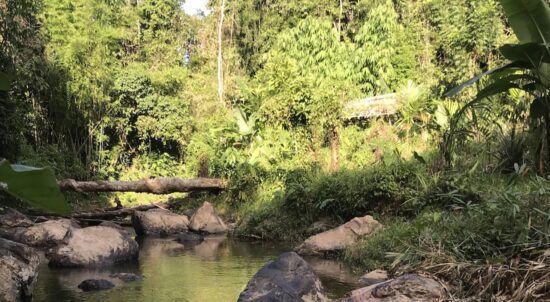 1 October 2024
1 October 2024Why Every IAM Should Have the Power to Self-Initiate Investigations
While it would be ideal if directly impacted people were able to file cases and demand justice whenever harm occurs, significant barriers to access can make it nearly impossible for that to happen. There is an obvious solution: equipping IAMs with the ability to self-initiate compliance investigations. -
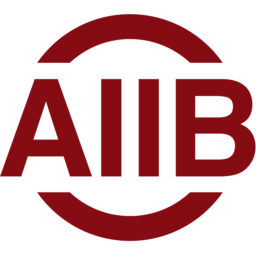 25 September 2024
25 September 202434 Civil Society Organizations submit joint recommendations on how to strengthen AIIB’s Project-Affected People’s Mechanism
A version of this blog was also published in the AIIB Observer Vol. 2 As the Board of Governors of the Asian Infrastructure Investment Bank gather for their annual meeting in Samarkand, Uzbekistan, we call on the Bank to strengthen its Project-Affected People’s Mechanism (PPM) and reaffirm the importance of… -
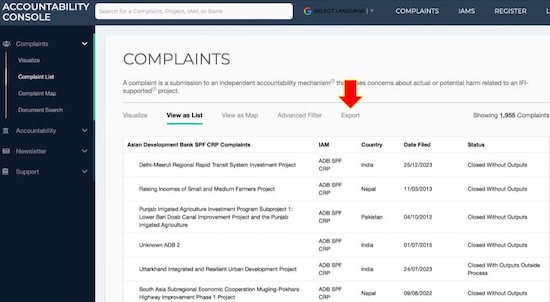 3 September 2024
3 September 2024New Export Feature to Download Complaint Data
Experience faster, more reliable data exports on the Console with our new asynchronous export feature – optimized for large volumes of data and seamless analysis. -
 6 August 2024
6 August 2024How the largest multilateral development bank finances conflict
Explore the EIB’s controversial investments in Israel, the implications of its new defense financing policy, and the urgent need for alignment with international law to prevent complicity in human rights violations, especially in light of the recent ICJ ruling. -
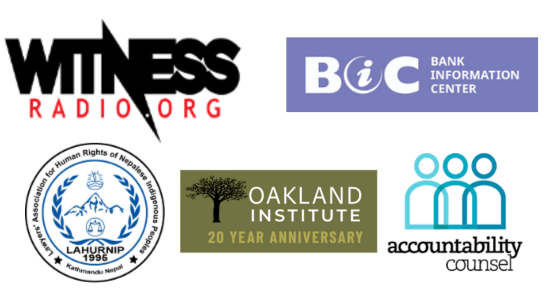 5 August 2024
5 August 2024Reflecting on the Shortcomings of the World Bank’s Dispute Resolution Service
Dispute resolution facilitated by Independent Accountability Mechanisms (IAMs) is an important tool for giving communities harmed by development or infrastructure projects an opportunity to express their concerns about project impacts, directly engage with the actors responsible for ensuring proper project implementation, and reach an agreement on how those project impacts… -
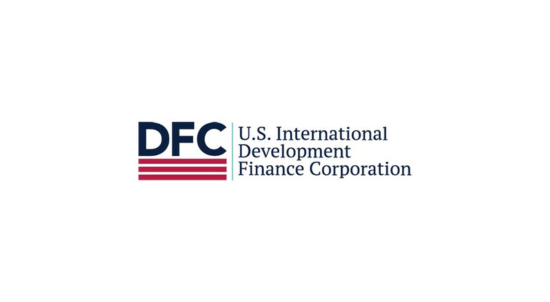 31 July 2024
31 July 2024Now is the Time for DFC to Shore Up Its Accountability
Last month, the U.S. House Foreign Affairs Committee passed legislation to reauthorize the U.S. International Development Finance Corporation (DFC). The legislation, which received bipartisan support, would give DFC seven more years to operate, increase its lending cap to 120 billion USD, and extend its geographical reach. For DFC to meet… -
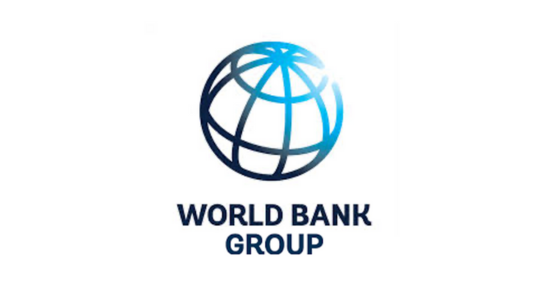 16 July 2024
16 July 2024Joint Civil Society Statement ahead of IFC Remedy and Responsible Exit Framework Decision
Tomorrow, the Committee on Development Effectiveness (CODE) of the World Bank Board of Executive Directors will discuss the IFC’s draft Remedy and Responsible Exit Framework, which is intended to outline how the institution will deliver remedy to communities harmed by projects it finances. This would be the first policy to… -
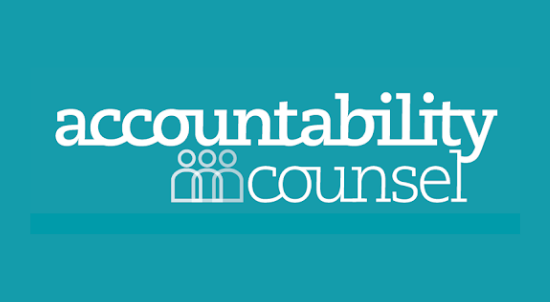 8 July 2024
8 July 2024Redefining Impartiality: Advocating for a Community-Centered Approach to Accountability Mechanisms
While accountability mechanisms are meant to provide impartiality and justice, strict adherence to impartiality can sometimes render them ineffective in addressing the unique needs and vulnerabilities of the very communities they were established to assist. -
 3 July 2024
3 July 2024Statement on the Situation in Kenya
We are saddened by the news of killings, abductions, arbitrary detentions, and violence meted out by the police in Kenya against its citizens. As an international organization that amplifies the voices of communities around the world seeking protection of their human rights and environment, we are alarmed at the retaliation… -
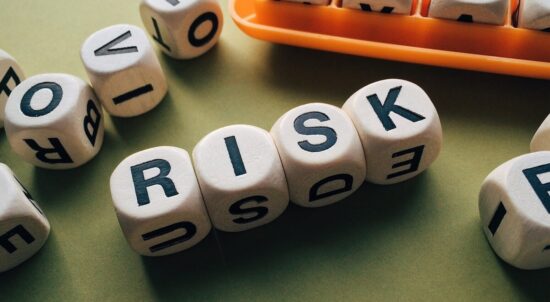 2 July 2024
2 July 2024Banks do not assess project risks accurately. People and our planet pay the price.
Discover how development financial institutions’ risk categorizations impact local communities and the environment, and why current safeguard measures may be falling short in protecting those most affected by investment projects. -
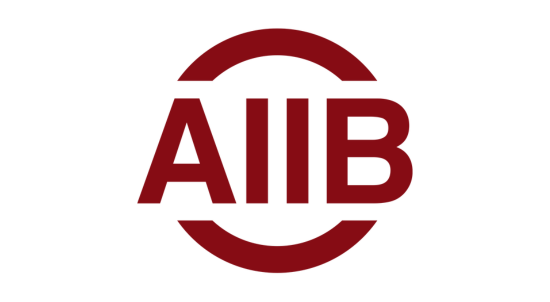 24 June 2024
24 June 2024External Review Report Recommends Sweeping Changes to the AIIB’s Independent Accountability Mechanism
The Asian Infrastructure Investment Bank (AIIB), whose finance last year exceeded USD 52 billion, is currently reviewing the effectiveness of its independent accountability mechanism (IAM) for addressing allegations of environmental and social harm from communities, the Project-Affected People’s Mechanism (PPM). Ultimately, the success of the PPM as a trust-building office… -
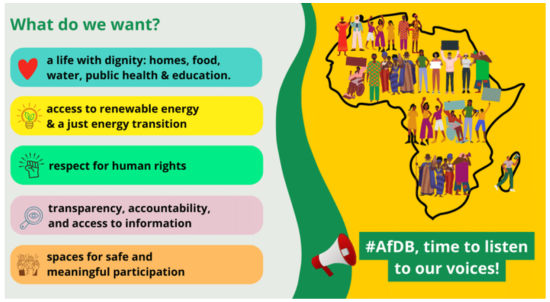 14 June 2024
14 June 2024Civil Society’s Key Demands to the African Development Bank
The African Development Bank (AfDB) held its Annual Meetings on May 27–31, 2024, in Nairobi, Kenya, under the theme ‘Africa’s Transformation, the African Development Bank Group, and the Reform of the Global Financial Architecture.’ About 5,000 delegates, including representatives from civil society organizations (CSOs) working in Africa, attended the event.… -
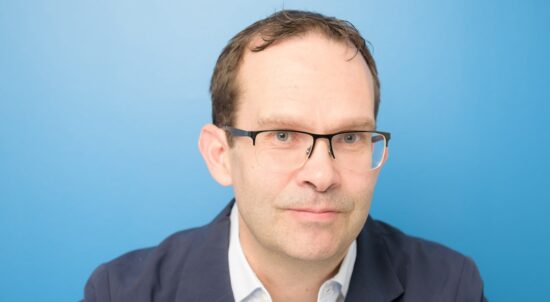 13 June 2024
13 June 2024Welcoming Michael Jarvis to Accountability Counsel’s Board of Directors!
Accountability Counsel is thrilled to welcome Michael Jarvis to our Board of Directors! -
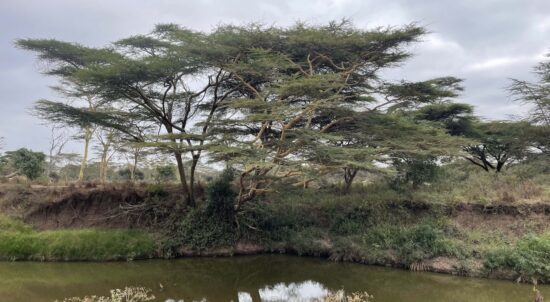 4 June 2024
4 June 2024Development Bank Must Prevent Forced Displacement
This article analyzes community-led complaints about forced displacement in development bank projects, including coercive resettlement agreements and violent removals, and suggests measures to prevent future harm. -
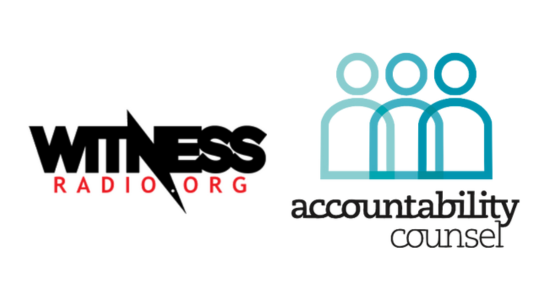 3 June 2024
3 June 2024One Year Later, Justice is Delayed: A joint statement on the implementation of the KIIDP-2 Kawaala Community Agreement
One year since the signing of a dispute resolution agreement, advisors Accountability Counsel and Witness Radio evaluate progress toward the agreement’s implementation and remedy for community members. -
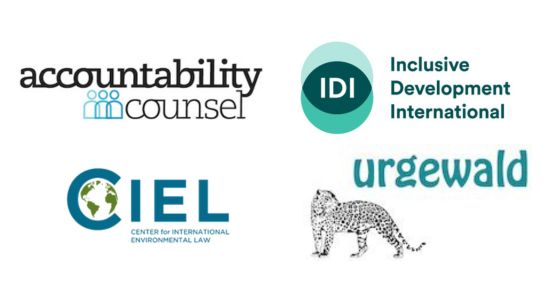 23 May 2024
23 May 2024Joint Statement on World Bank Probe into Alleged Bridge Academies Child Sexual Abuse Cover-up
We welcome the World Bank Board’s initiative in moving forward with the external investigation of the alleged Bridge Academies cover-up. However, the Bank’s press release sends mixed messages. -
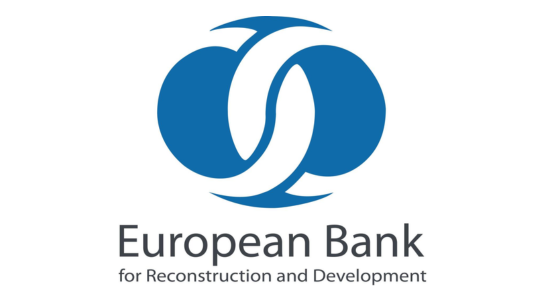 8 May 2024
8 May 2024The EBRD in Armenia: Lessons for Responsible Exit and Remedy
As Accountability Counsel prepares for the annual meeting of the European Bank for Reconstruction and Development (EBRD) in Yerevan, Armenia, we highlight the sobering story of one of the EBRD’s most contentious projects in the country – the Amulsar Gold Mine. This project serves as a reminder of what can go wrong when investment happens without adequate preparation for remediating negative impacts on local communities. As the EBRD revises the Environmental and Social Policy (ESP) that governs its operations, it must commit to remediating harmful impacts and develop a plan for responsibly divesting from projects. -
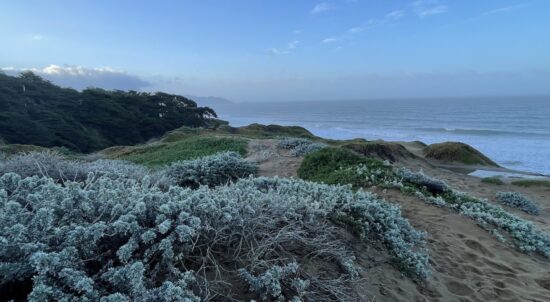 7 May 2024
7 May 2024Upholding Banks’ Biodiversity Responsibilities
A deep dive into the use of independent accountability mechanisms to ensure nature-positive and rights-compatible development in the pursuit of biodiversity protection and ecosystem restoration. -
 15 April 2024
15 April 2024Creating and Holding Space: Participating in Development Bank Meetings
Dialogue is essential to inclusive development. The social license to operate in a given community depends on it. To be certain, creating intentional spaces to reflect on the actual experiences of project-impacted communities serves sustainability and continued improvement of impact. If Multilateral Development Banks and other institutions truly want to make their annual or biannual gatherings inclusive and hear from those most affected by the decisions made by these institutions, they must create more opportunities for civil society to engage with bank leadership during these meetings and remove restrictions and barriers to civil society participation. -
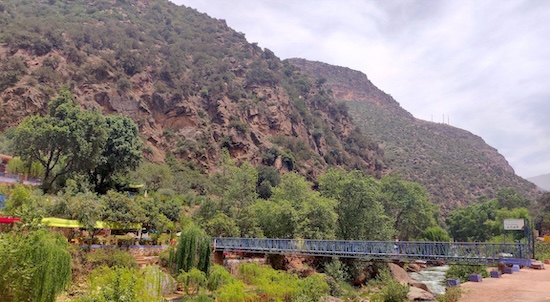 2 April 2024
2 April 2024The State of Remedy at the EBRD
With the release of the new draft Environmental and Social Policy, we look at outcomes data to evaluate whether remedy has been provided when its financed projects cause environmental or social harm.

